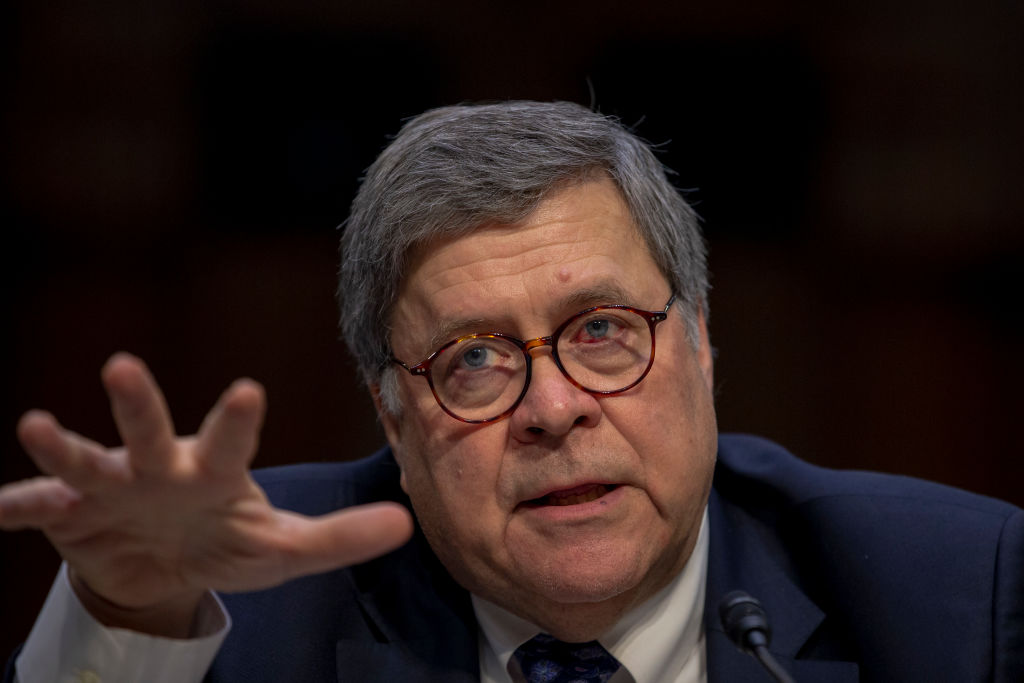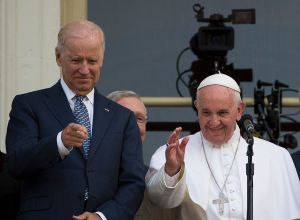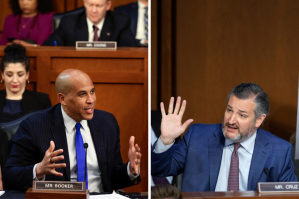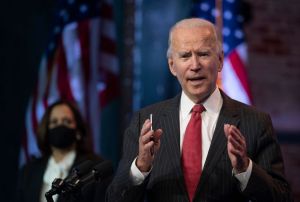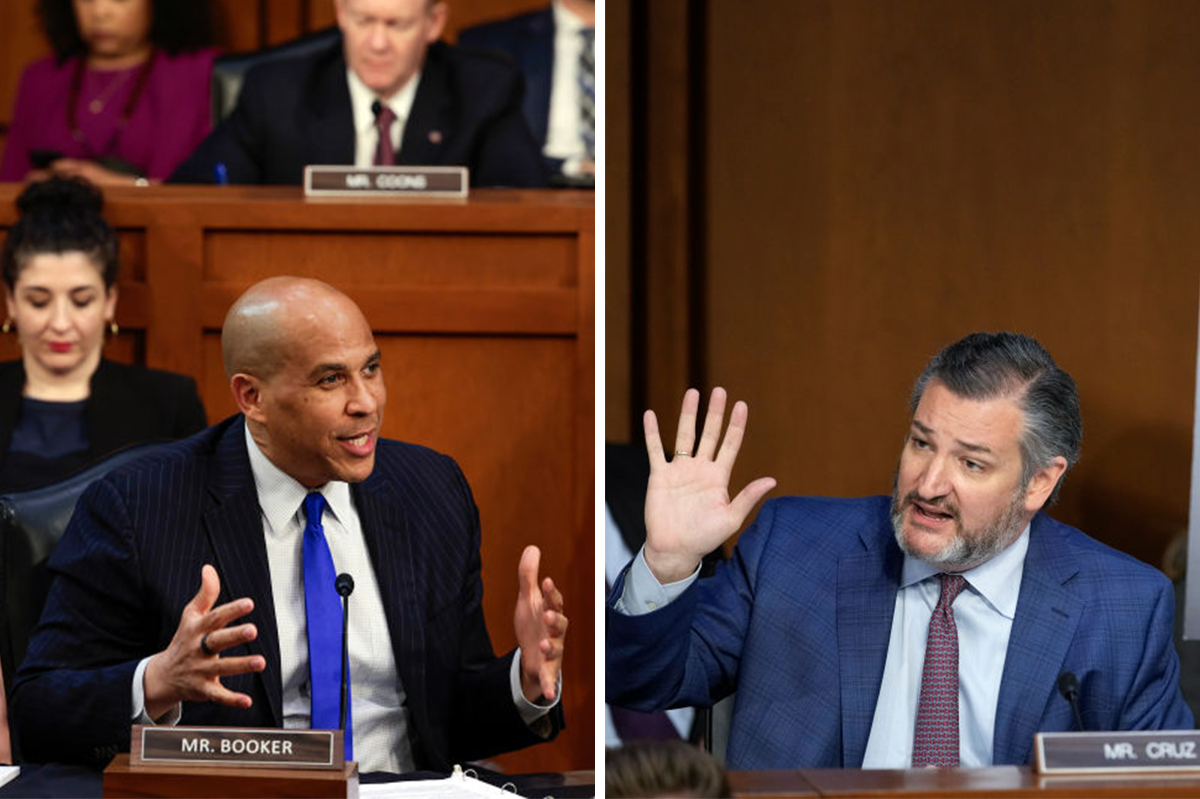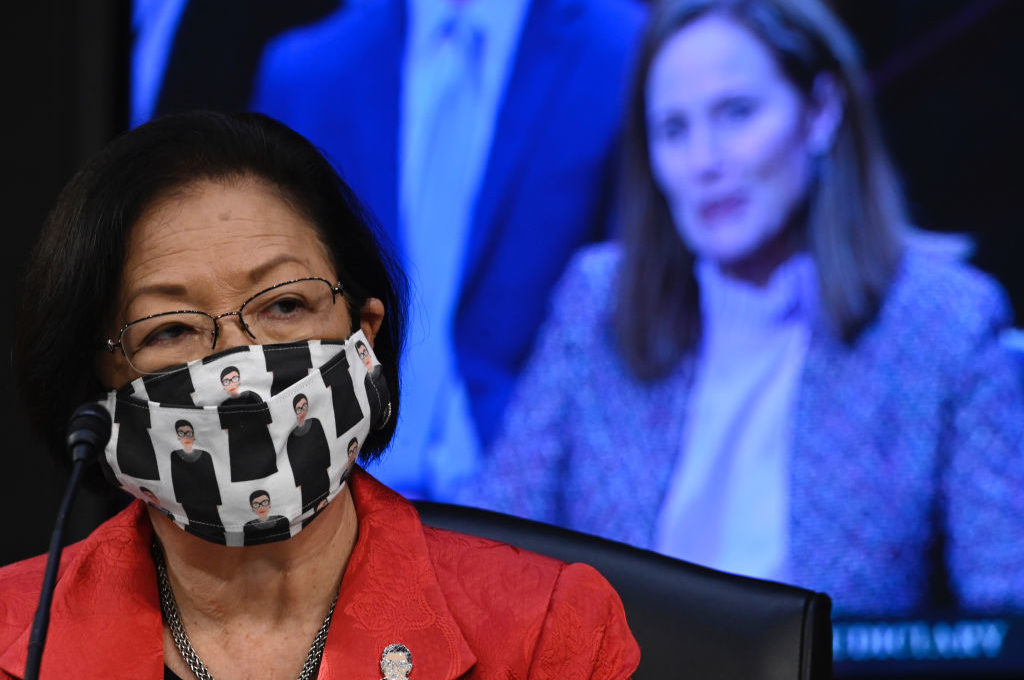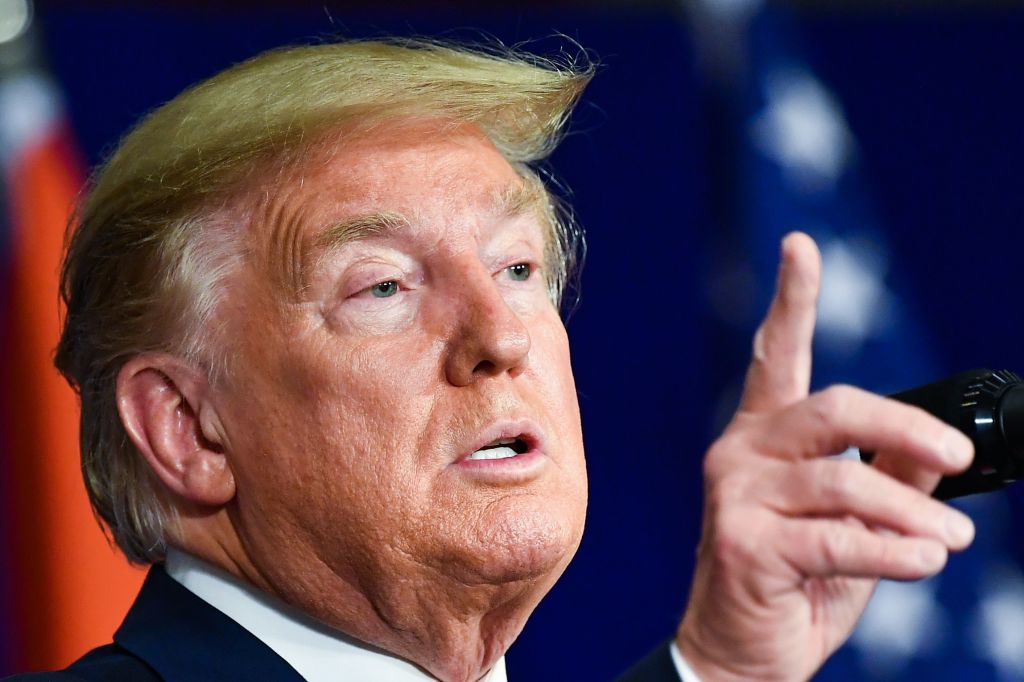1. Barr will be confirmed
Republicans hold a 53-seat majority in the US Senate. Nothing that emerged in William Barr’s Senate hearing came close to losing him the four GOP votes that would put his confirmation in jeopardy. Remember, all but one Republican senator voted to confirm Brett Kavanaugh for a lifetime position on the Supreme Court despite a credible allegation of sexual assault and serious charges that Kavanaugh had lied in his responses.
2. Don’t believe a word Barr said
I am only being half facetious here. Of course, we can learn something from nominees’ testimony in confirmation hearings. But without suggesting anything personal about Barr’s veracity, the point is that much of what nominees say at their hearings has no bearing on their conduct in office. Every nominee for a Supreme Court judgeship or the leadership of the Justice Department, like Barr, strikes a moderate tone and pledges to follow the law with no regard for politics or ideology. Check out, for example, transcripts of the Supreme Court confirmation hearings for conservative ideologues Samuel Alito and Neil Gorsuch. Once confirmed, Barr could disregard anything he previously said, without fearing retribution, except politically. As attorney general, Barr would lose his job only if fired by President Trump or if he became the first cabinet member in US history to be impeached by the House and convicted and removed by the Senate.
3. Barr will not recuse himself from overseeing Mueller
As attorney general, Barr would supervise the investigations conducted by Special Counsel Robert Mueller. He has the authority to shut down the investigations for cause, to limit their scope, or to decline indictments. Critics have called for Barr to recuse himself from this oversight, pointing to an unsolicited memo he distributed to the Justice Department and President Trump’s lawyers that criticized aspects of the Mueller investigation as ‘fatally misconceived.’ Barr pledged to submit the matter of his recusal to career ethics officials, but he would base the final decision on his own judgment, regardless of what the officials recommend. The chances that he will decide to recuse himself are slim to none.
4. Barr will not fire Mueller
Although loyal to Trump, Barr has a reputation of his own to protect. He would resist subjecting himself to the scorn of history by sacking Mueller without good cause and replicating Robert Bork’s disastrous firing of Special Prosecutor Archibald Cox during Richard Nixon’s Saturday Night Massacre of October 23, 1973. ‘There hasn’t been a special counsel removed since Archibald Cox,’ Barr said, ‘and that didn’t work out.’ Regardless, Trump will probably not make a Nixon-style request to fire Mueller at this late stage of the investigation and risk triggering an impeachment investigation by the. House Judiciary Committee that Democrats now control.
5. Barr will not authorize the indictment of President Trump
The question of whether a sitting president can be criminally indicted is an unsettled matter of constitutional law that the courts have not resolved. The Watergate grand jury did not indict Nixon for his alleged crimes but named him as an unindicted co-conspirator. Although Justice Department guidelines which say that a sitting president cannot be indicted, have no force in law, Barr has made no secret that he views presidential power expansively and would not test the constitutionality of a presidential indictment. However, Trump could still be indicted, not by federal prosecutors, but by the Attorney General of New York State who has launched a wide-ranging investigation of the president, his family, and his associates.
6. Congress and the people may never see the final Mueller Report
Barr pledged to be as transparent as possible to Congress and the public. However, he also said that he is inclined to keep confidential any report that the Special Counsel submits to him and release only his own summary. Here is the Catch-22. Barr won’t authorize an indictment of the president, but he is opposed to commenting on investigations absent indictments. If so, he would deprive the American people and their representatives of Mueller’s most important finding: whether or not the president committed the kinds of high crimes and misdemeanors that would merit his impeachment and removal from office.



